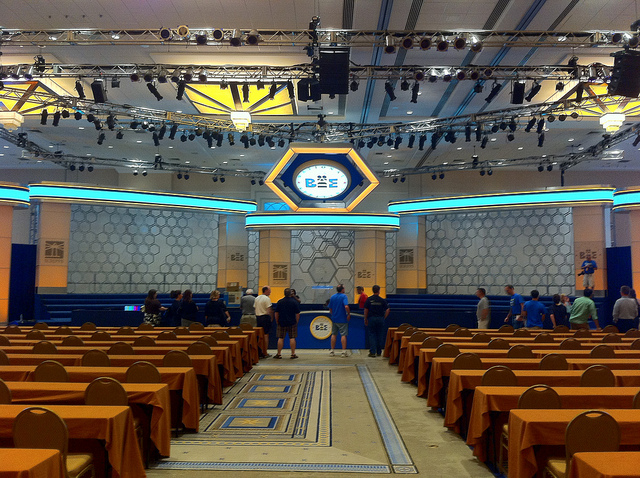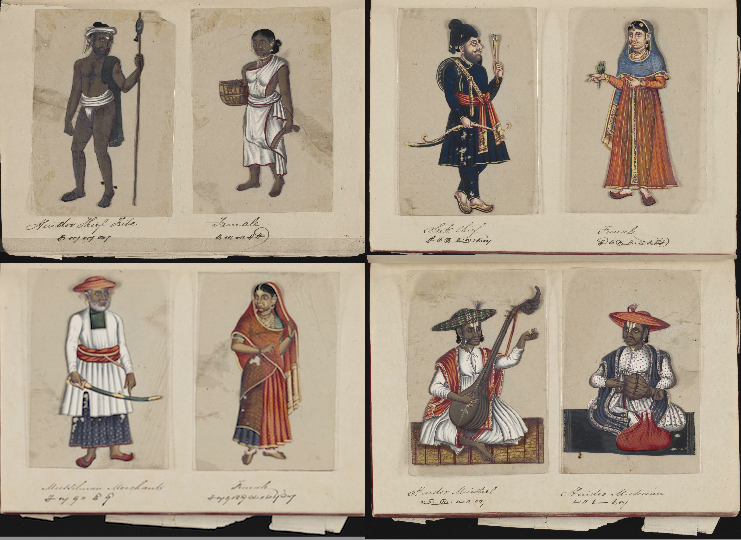R-A-C-I-S-M and the National Spelling Bee

Ansun Sunjoe and Sriram Hathwar were named co-champions of the Scripps National Spelling Bee on May 29th when they spelled the words “feuilleton” and “sticomythia”, respectively, in front of an audience of millions. Their win marks the first time since 1962 two winners have been declared – and, on a slightly different note, the 8th consecutive year of Indian American victories.
Yet their accomplishment was not well-received by all parts of the Internet. Backlash against the boys’ culture took center stage on social media following their victory, with many users lamenting the “Un-Americanness” of the winners – an irony made apparent when considered with the backgrounds of Ansun and Sriram, who originated from Forth Worth, Texas and Painted Post, New York respectively. Derogatory tweets tagged with the phrase #spellingbee included:
“The kids in the spelling bee should only be AMERICAN.”
“One year I wish an American kid would win the spelling bee.”
“Nothing more American than a good spelling bee… Oh wait all the Caucasians are eliminated.”
“Hoping the only American name in this spelling bee wins…sorry not sorry”
and many more. The outright xenophobia of these statements footnotes a disturbing trend of racism targeting Asian-Americans. It is implicitly assumed being American is interchangeable with being Caucasian – a scary prospectus for people of color, who make up 36.2% of the United States population according to the United States Census Bureau.
It didn’t take much effort to find tweets with messages akin to “Indian = Spelling Bee Championing”:
“dudes of indian race win spelling bee. why am i not f***ing surprised.”
“If you aren’t Indian why even bother competing in the spelling bee? You won’t win”
“Why do white kids even enter in the national spelling bee? Obviously one of the weird looking Indian kids is going to win.”
Such associations may speak to a broader trend of correlating education, success, and hard work with being Asian-American – an identity consequently referred to as the “Model Minority”, or the minority which all others should strive to be like. This widely-believed representation pigeonholes a diverse set of individuals, discouraging certain endeavors and stressing the necessity of others. As an Indian-American who exited the elementary school bee in the first round by misspelling “gym,” I can vouch for the inaccuracy of the stereotypes first-hand.
The existence of the Model Minority may be problematic for other reasons. The success of many Indian-Americans (a phenomenon that should be attributed to higher education,more advanced language skills, and better economic standing among Indian immigrants rather than any inherent cultural aspect) is used to justify expectations of excellence on other minorities, especially African-Americans and Latinos – a sort of “If they can do it, why can’t you?” In asking this question, inequalities endemic to other communities, such as poverty and geographical segregation, are ignored.
It is important to note that for every social media post with a prejudiced statement about the winners’ race there are ten specifically condemning such discrimination. The bottom line is that achievements should under no circumstances be attributed to ethnicity, but rather to the individual excellence of the student – which, in the case of Ansun and Sriram, is astounding.
[Image Attribute: Scripps National Spelling Bee, Flickr]



